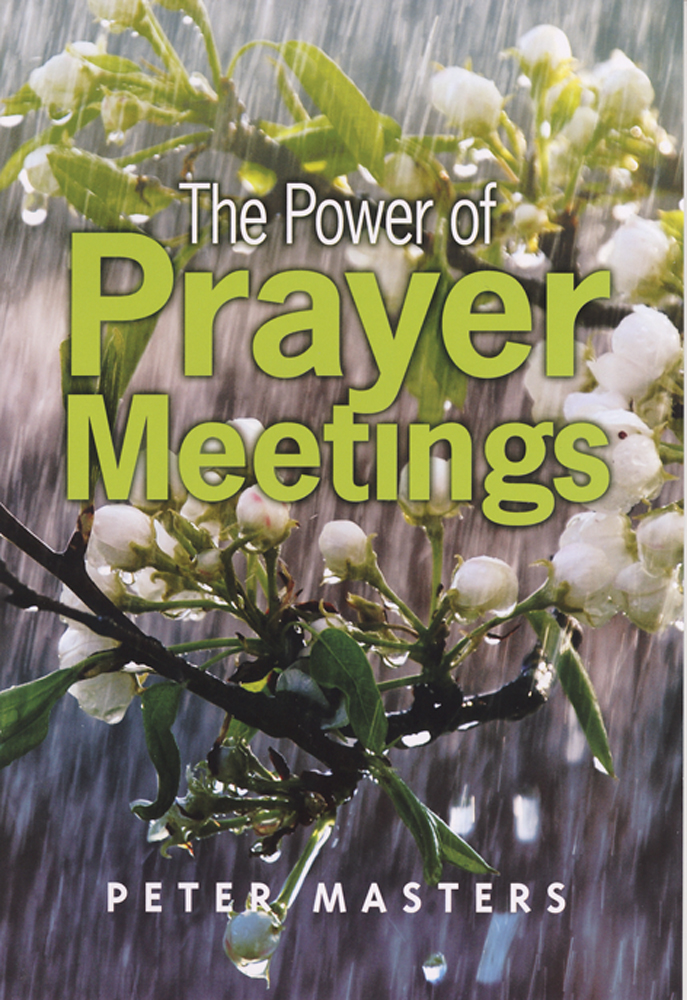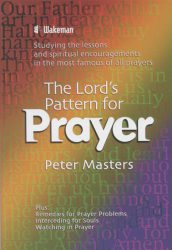
Why does the Lord want believers to pray together? Will an undersized prayer meeting really blight the work of a church? What form should the prayer meeting ideally take? What should be the style and content of prayer?
Extract
To this day the prayer meeting is often the least regarded and supported gathering in the church programme. Pastors frequently complain that numerous members never attend, while others are more often absent than present. In many churches the prayer meeting only survives at all by being tucked in before the weeknight Bible study meeting. Such combined meetings have almost become the norm. At a theoretical level, most believers agree that the prayer meeting is the ‘power-house’ of the church. But how many really think this is so? These pages are intended to inspire a greater sense of the importance of prayer meetings.
Why does the Lord want us to pray together? Is this a Christian duty, or is it optional? What difference does it make whether we pray privately, or as a company? Will an undersized meeting really blight the work of an otherwise earnest church? What form should the prayer meeting ideally take, and what should be the style and content of prayer?
In Isaiah 56.7 there is a prophetic text on this subject, in which God states that the future Gospel-age church will be characterised by communal prayer. He says: ‘For mine house shall be called an house of prayer for all people.’ This clearly refers to the time when the Gentiles shall hear the Word and be converted. It is the will of our Lord and Redeemer that his people should be conspicuous and widely spoken of for their praying together. This is why the churches of Russia and elsewhere in Eastern Europe call their chapels ‘prayer houses’. In the Isaiah passage the Lord presents the ministry of corporate prayer as an outstanding token of their union with him.
In Ezekiel 36.37 we read, ‘Thus saith the Lord God; I will yet for this be enquired of by the house of Israel, to do it for them; I will increase them with men like a flock.’ This text is also a prophecy about how God will work in the age of the Christian church. He will bless his people with many converts, provided they pray. Without the prayers of the house of Israel (symbolising the church) he will not bless. ‘Ye have not,’ says James, ‘because ye ask not.’
Of course, it is the duty of individual Christians to pray for the blessing of God upon the work of the Gospel, but such texts show that God’s people must also pray as a ‘house’, as church fellowships. This Ezekiel text shows that the prayer of the group is particularly instrumental. Do we really appreciate the spiritual uniqueness of meetings for prayer? Perhaps we regard this as just a matter of arithmetic, thinking that if one person can be effective in prayer, then a number of people will be even more so. Corporate prayer, however, is far more than a mathematical gain, for here is a fundamental principle of Scripture, and one so crucial, that all believers should grasp it and glory in it.
The principle is that Almighty God has ordained as a duty the practice of communal, corporate prayer for his people, and has attached unique promises to this duty, in order to cement them together as a praying family. Is my church a house of prayer, fulfilling the Lord’s desire?














